
With so much frenetic activity emanating from the Trump administration, the U.S. Supreme Court seems to have its hands full at the moment. But there are two upcoming cases that, while not attracting nearly as much attention as government spending cuts and deportations, could have a profound impact on the American Jewish community.
Both cases deal directly with questions of religious liberty and the separation of church and state, specifically in the area of public education. The first relates to whether and how taxpayer dollars can be spent on behalf of students whose parents wish to enroll them in religious schools. While previous court decisions have allowed parents to use public school vouchers to pay for religious education at private schools, that funding has always been done indirectly by reimbursing parents to spend money as they wish on their children’s schooling. But an Oklahoma case raises the question of whether a publicly-funded charter school that receives financial support directly from the state can provide religious education to its students.
Because charter schools are publicly funded but independently operated schools that are given a level of autonomy from local school districts and regulations, they have the freedom to provide a wider range of educational services and a greater number of academic options. Their funding comes from state government, so they are considered public schools. But their unique charter status gives them flexibility to provide educational services in nontraditional ways in exchange for meeting specific achievement criteria outlined in their charter agreement.
The question coming to the Court will be whether a state may exclude religious schools from its charter program and whether such an exclusion would represent discrimination against a religious faith or community. Oklahoma’s attorney general has argued that allowing the school to use taxpayer dollars would “open the floodgates and force taxpayers to fund all manner of religious indoctrination, including radical Islam or even the Church of Satan.”
But supporters of the program counter by making the case that Supreme Court precedent has already determined that religious schools cannot be excluded from public funding available to secular schools. The school at the center of the case is a Catholic school, but some Jewish legal groups have joined the fight in their defense, warning that a ruling against the school could also limit educational options for Jewish students whose parents want them to receive a Jewish education.
The other case the Court will be hearing this month is whether public schools must inform parents about instruction that includes gender and sexual content, and whether they should be permitted to withdraw their children from a class whose lessons violates their religious beliefs. Like the charter school dispute, this argument is brought by religious conservative plaintiffs. The coalition, which includes conservative Jewish groups, specifically objects to the teaching of LGBTQ-themed material in the primary grades. But again, there are direct ramifications of the Court’s decision for the broader Jewish community.
The impact would be felt especially strongly in California, where the battle over ethnic studies courses taught in public schools has raged for the last several years. The original ethnic studies legislation that was debated in the State Capitol included numerous alarming examples of blatant antisemitism as well as a pronounced pro-Palestinian bias in its recommended materials. After a long and courageous fight led by the legislative Jewish caucus, the bill that Governor Newsom signed explicitly warned against the use of these discriminatory materials and provided “guardrails” to ensure that ethnic studies classes provided an even-handed overview of the relevant communities that will be part of the curriculum, including Jews.
But many public schools are still ignoring Newsom’s guardrails and using curricula that still include both the antisemitic and anti-Israel material. It appears unlikely that these “liberated ethnic studies” classes will ever be completely eradicated from California schools. So giving Jewish parents the ability to remove their children from such objectionable instruction becomes a necessary last line of defense.
The Jewish community has always maintained a somewhat tenuous relationship with Christian conservatives. But in these cases, the principle of religious freedom should bring us together.
Dan Schnur is the U.S. Politics Editor for the Jewish Journal. He teaches courses in politics, communications, and leadership at UC Berkeley, USC and Pepperdine. He hosts the monthly webinar “The Dan Schnur Political Report” for the Los Angeles World Affairs Council & Town Hall. Follow Dan’s work at www.danschnurpolitics.com.







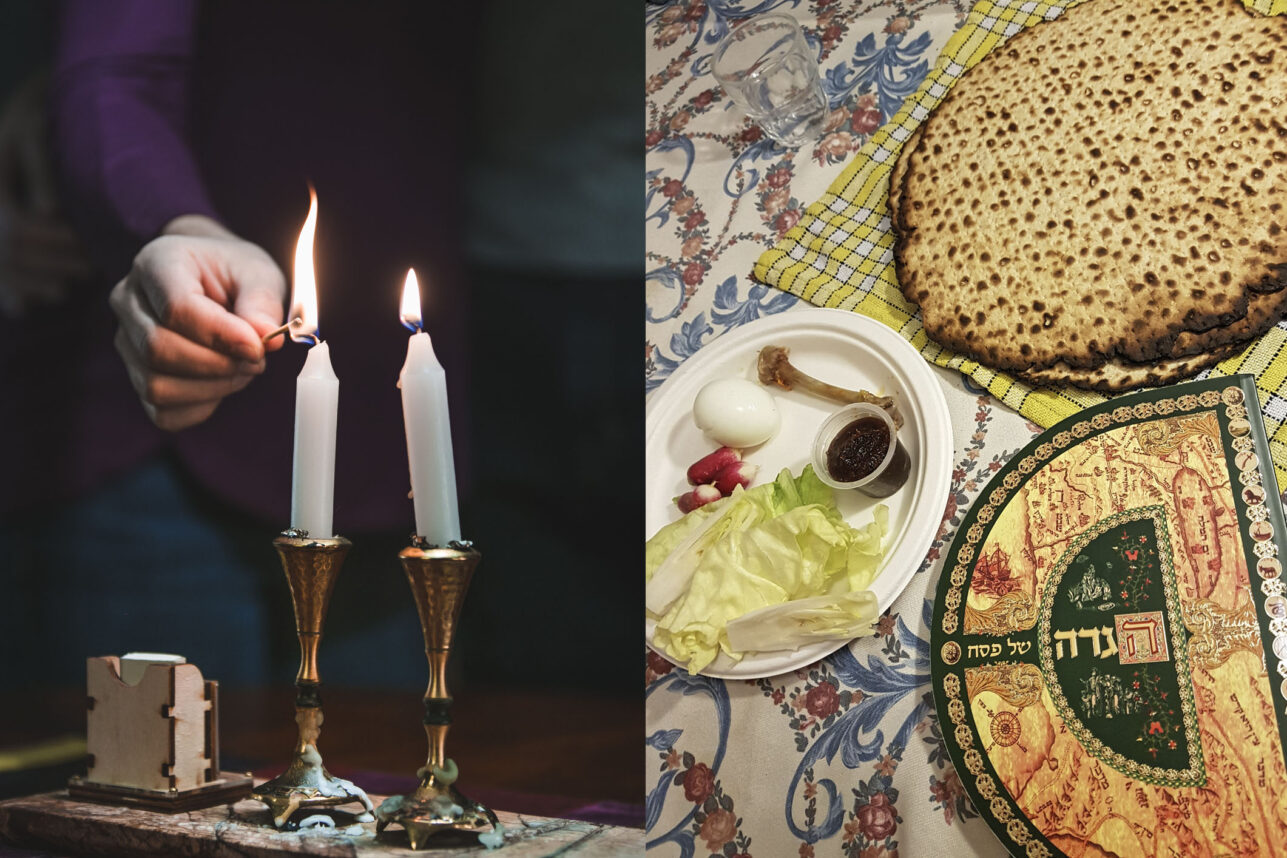
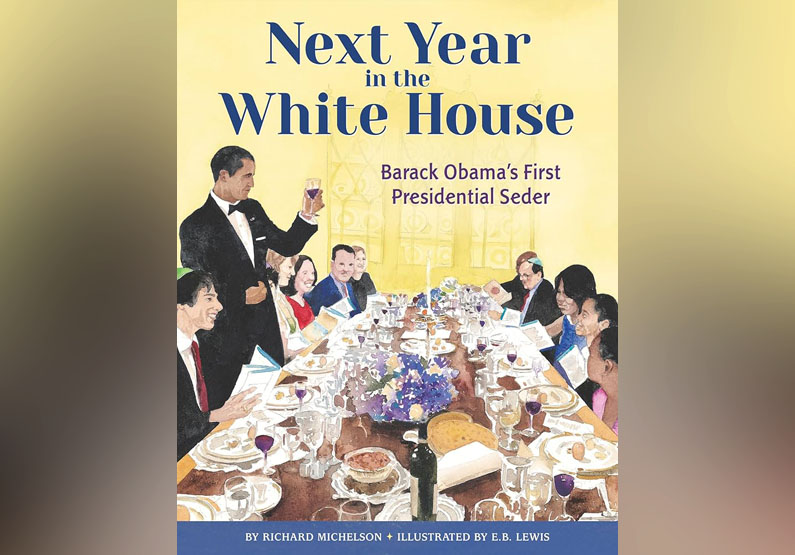
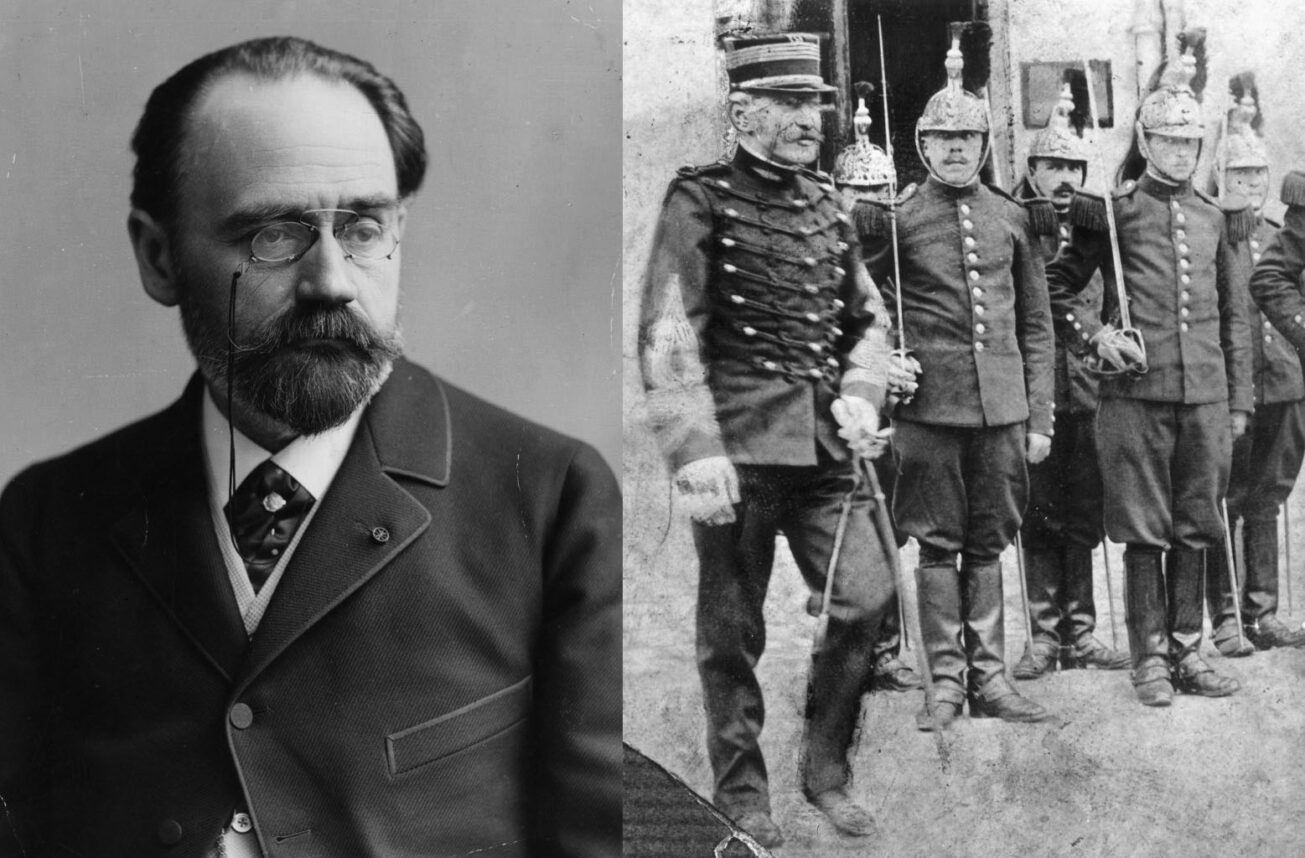
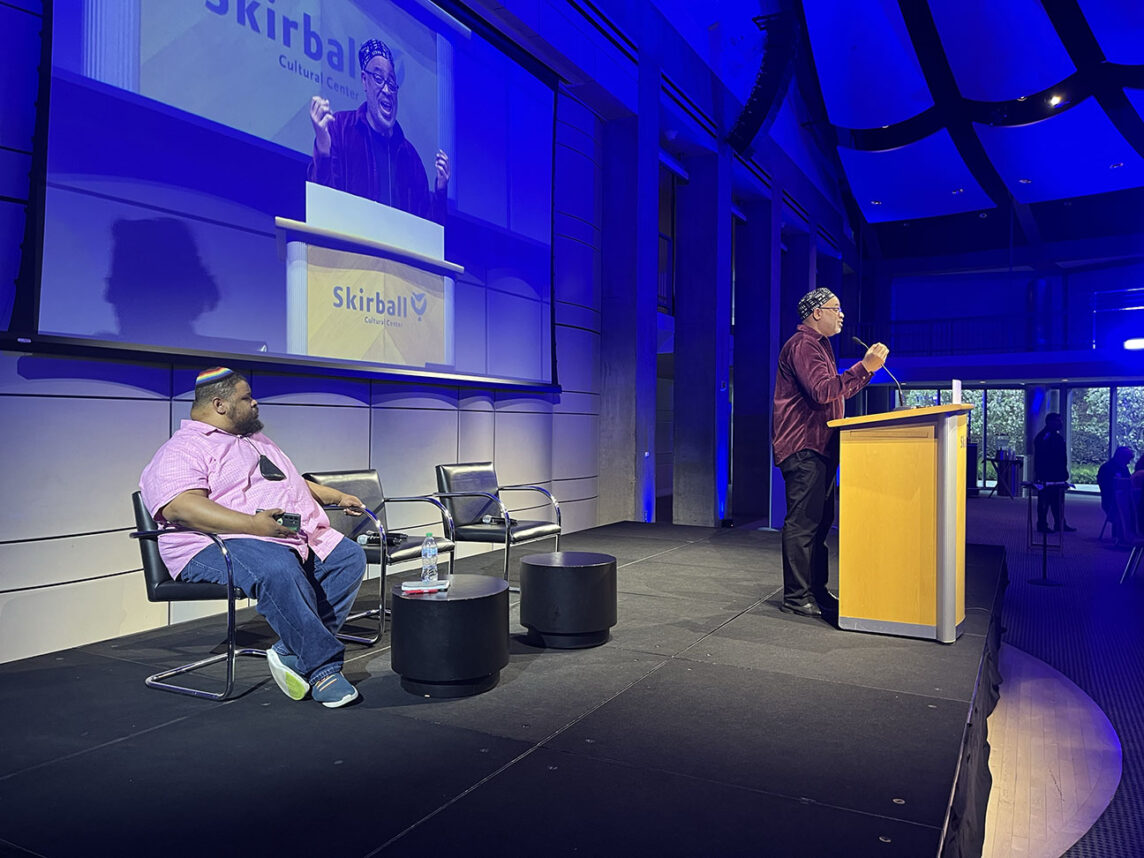



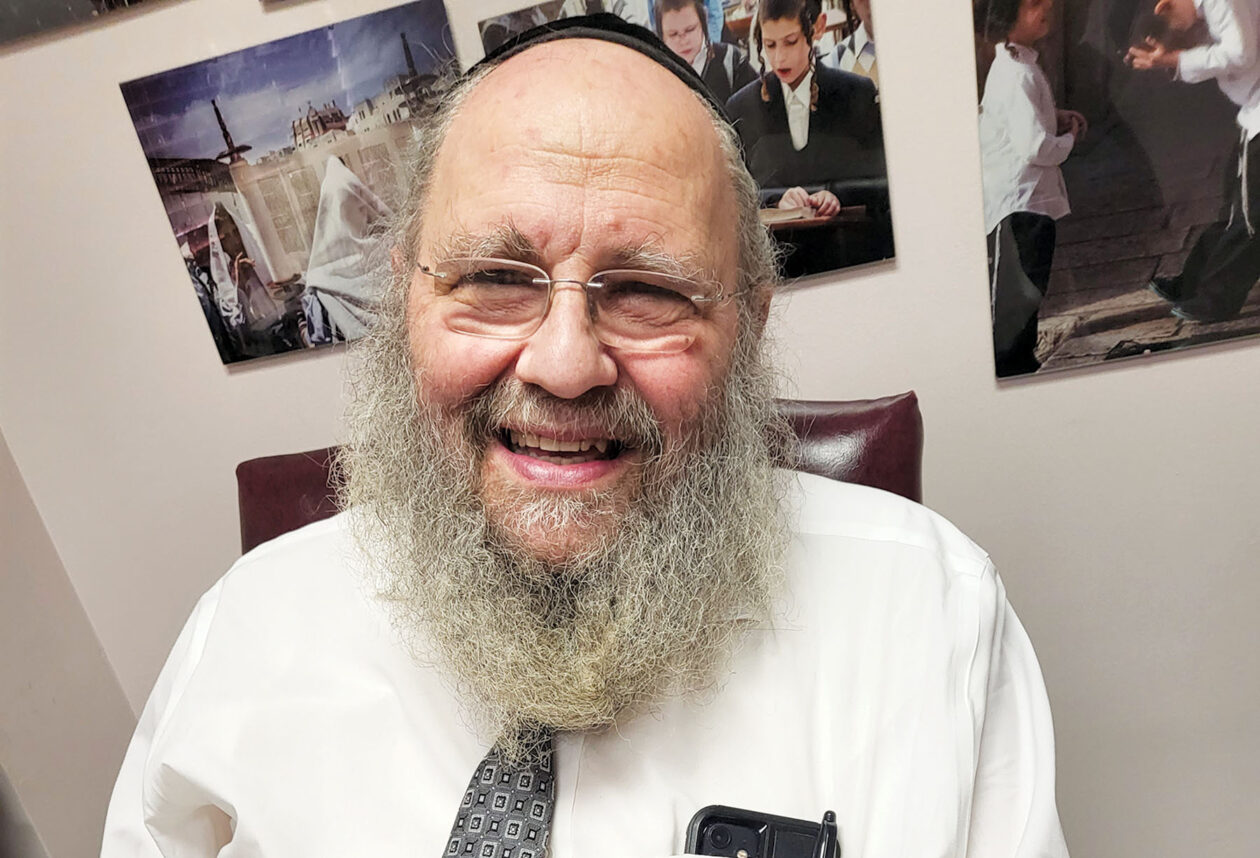
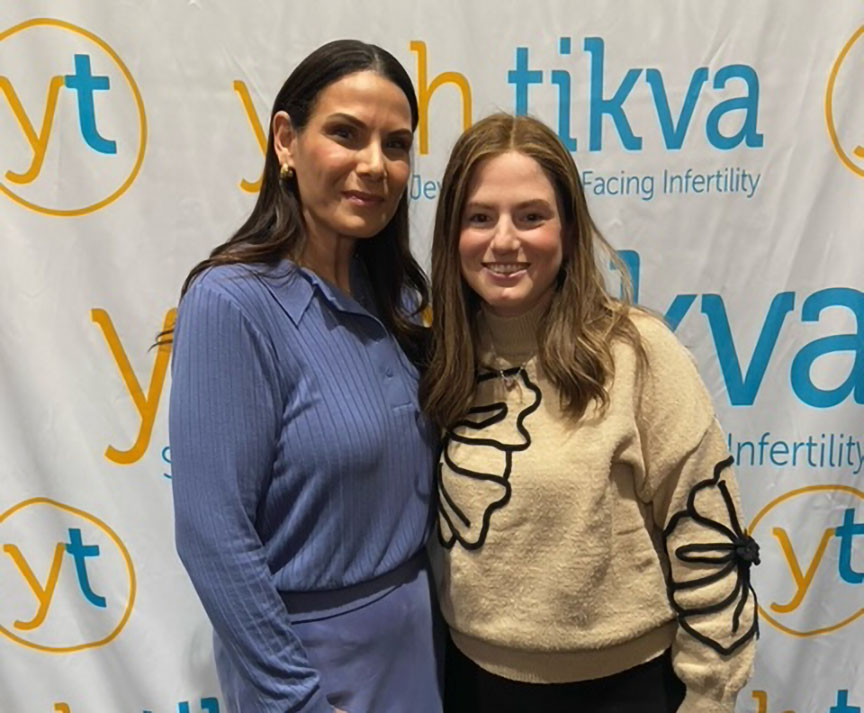

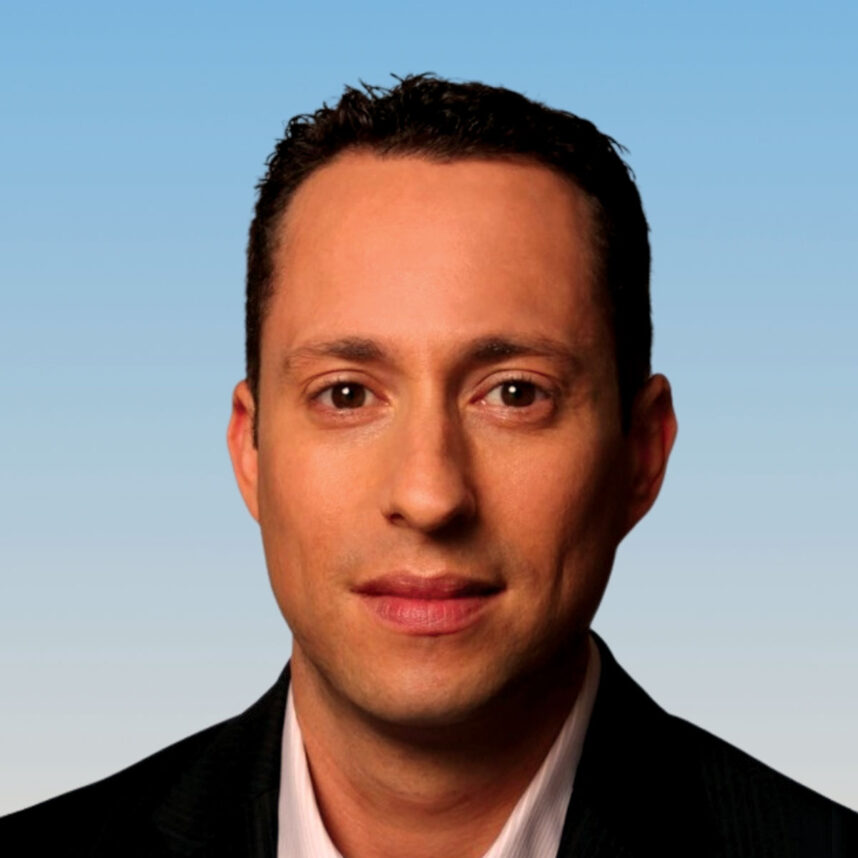



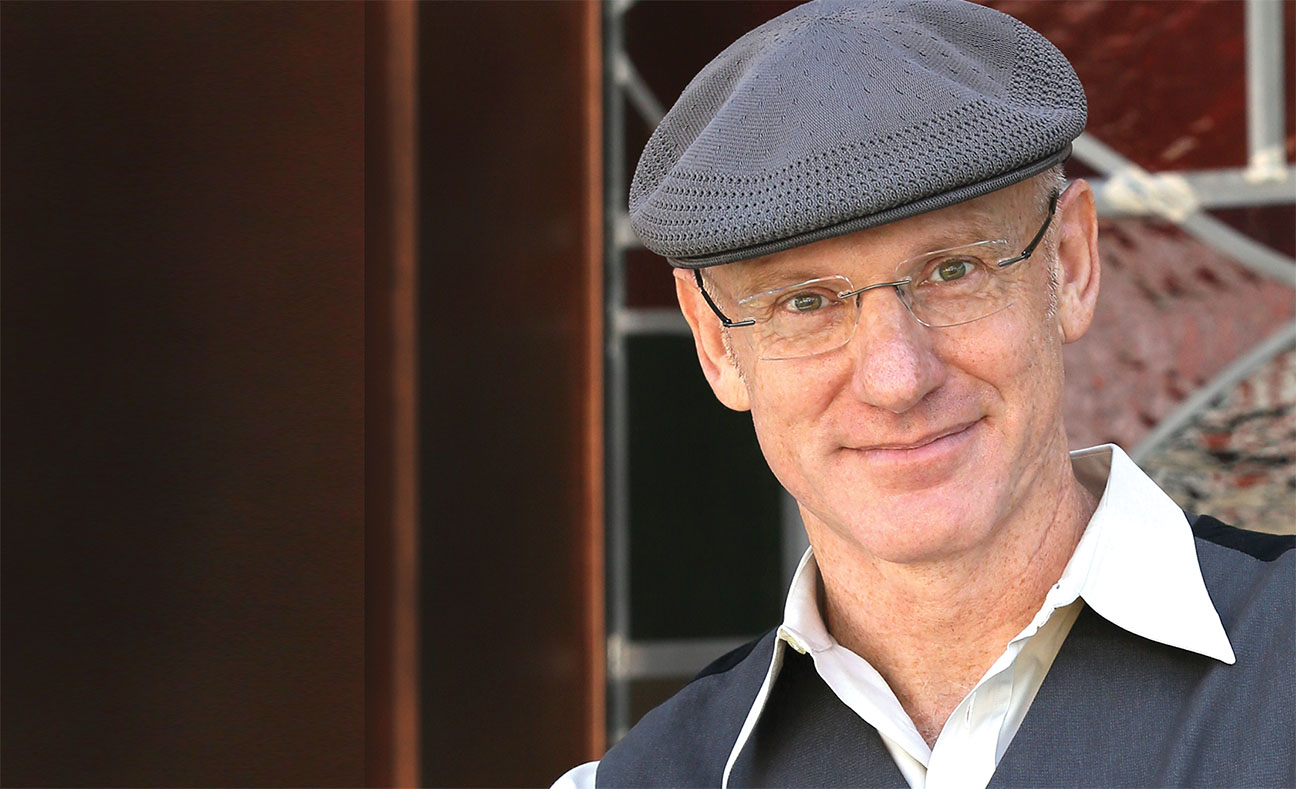

 More news and opinions than at a Shabbat dinner, right in your inbox.
More news and opinions than at a Shabbat dinner, right in your inbox.